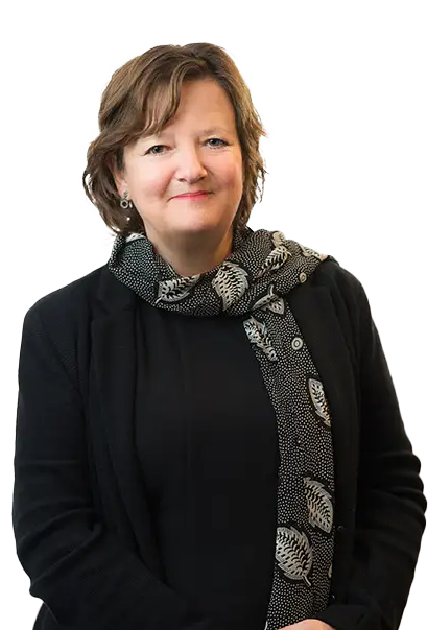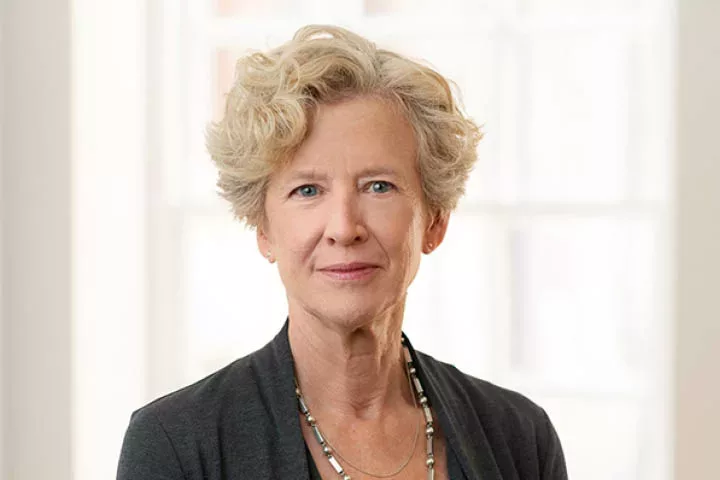Fostering and Kinship Solicitors
What is fostering?
Fostering is the placement of a child with approved foster carers when their parents are unable to care for them. Foster placements range from providing care for a few hours to long term care until a child reaches adulthood. Before becoming a foster carer there must be an assessment by a social worker.
What is kinship care?
Kinship care is where a child lives with relatives or close family friends when the parents are unable to care for them. This could be by private family arrangement or a more formal arrangement as explained below.

Our Approach
We are committed to providing you with the best advice for your situation. Our advice is far reaching and can encompasses the following:
- We can advise you in relation to the legal framework and potential problems you may encounter as a foster carer, starting from the process of assessment and approval to what to do when you have not been recommended as a foster carer or have been told that you will be deregistered.
- We can advise if you are considering adopting or applying for a Special Guardianship Order for a child you foster.
- We can advise you if the Local Authority seeks to remove or already has removed a foster child from your care.
- We can advise you in relation to what support you are entitled to, financial or otherwise.
- We can advise you as to what type of order may be the most appropriate for your circumstances and guide you through the process of obtaining the order.
Kinship care statutory guidance: what’s new?
On Friday 11 October 2024, the Department for Education published new statutory guidance for local authorities in England.
A blog by Novlet Levy.
Get in touch with our fostering and kinship solicitors
If you want to discuss fostering and kinship, contact Goodman Ray Solicitors on 020 7608 1227 or contact us online through our website or by emailing us at mail@goodmanray.com.
Call us
☎️ Call our London office on 020 7608 1227
☎️ Call our Brighton office on 01273 090211
Frequently Asked Questions
The main difference is that adoption permanently transfers legal parental rights from the birth parents to the adoptive parents.
Foster carers are responsible for the day-to-day care of the child, but they do not have parental responsibility for them. Parental responsibility remains with the child’s birth parents, and sometimes is shared with the local authority depending on what court orders are in place, if any.
A respite foster carer will provide temporary care for foster children or children with disabilities when their foster parents or birth parents need some time to themselves. This is usually for a short period, ranging from 1 or 2 days to about a week.
Yes, kinship carers may receive financial support from local authorities, similar to foster carers, and can also access legal advice and resources to help with the responsibilities of care, depending on the nature of the arrangement. They may also be eligible to claim benefits in respect of the child.
Children’s services must assess the need for support services, including financial help, if a child was looked after in the care system immediately before a special guardianship order was/is to be made. If that does not apply then doing an assessment of need for special guardianship support services is discretionary.
Special Guardianship orders can be made to someone who is not their parent, to secure their long-term home until they are 18. The Order gives the special guardians enhanced parental responsibility for the child although they should still consult with the child’s parents on important decisions for the child’s life. There are some restrictions, by way of example a special guardian can’t change a child’s surname or remove a child from the country for more than three months, unless they get written consent of everyone with parental responsibility. Special guardians may be entitled to an allowance, this is means tested as well as access to other support, as required.
Anyone who is 18 and not the child’s parent. Applications can be made by single or joint applicants.
The court cannot make a special guardianship order without an assessment by the local authority. There are often 2 stages of assessment: a Viability Assessment is the first stage, during which a social worker will visit you and see whether you appear able to offer good enough care to a child. The outcome of the viability assessment will then dictate whether you should be assessed further as a Special Guardian or as a connected person.
From 01 May 2023 the scope of legal aid in some private family law cases was extended for both those with parental responsibilities and prospective guardians. The extension applies to:
• Prospective guardians making applications for Special Guardianship Orders (SGOs) in private family law proceedings
• Anyone with parental responsibilities when responding to applications for SGOs
The changes mean that as long as you meet the financial eligibility requirements you no longer need evidence.





















